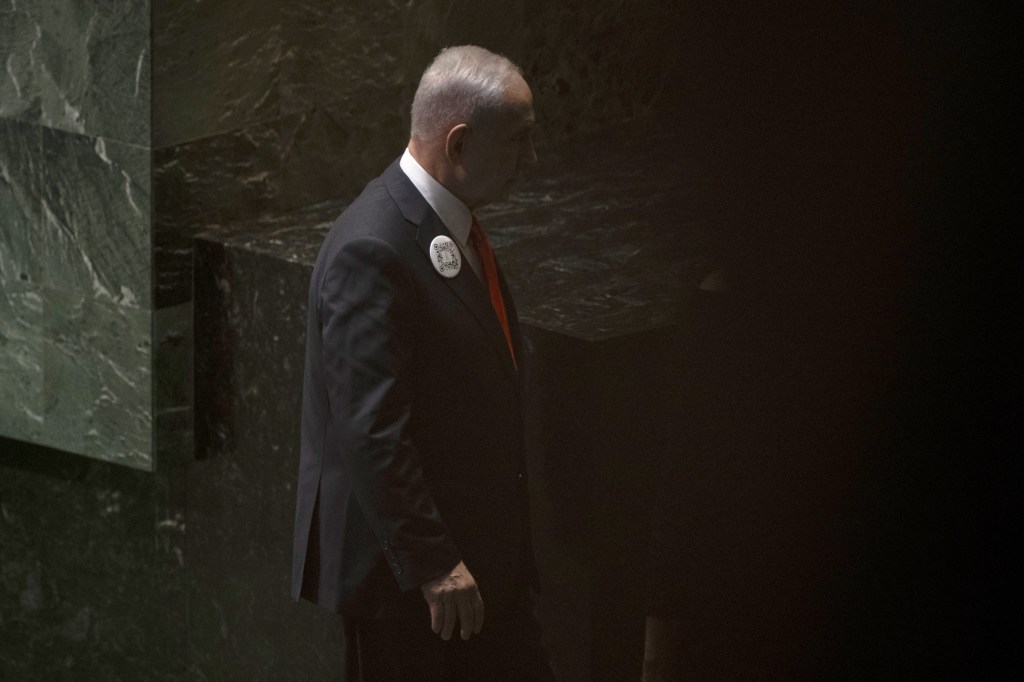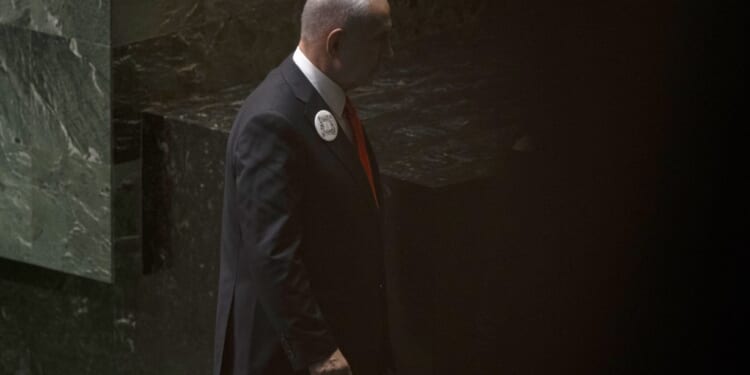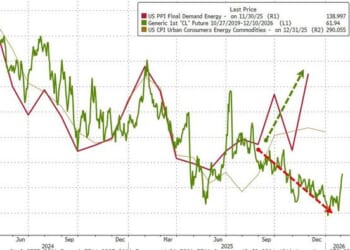
On November 18, 1973—less than a month after the Yom Kippur War had ended—the Israeli government voted to establish a commission of inquiry. Almost 2,700 Israelis had been killed, 7,000 were wounded, and hundreds more were missing or in enemy hands. It was the bloodiest disaster in Israel’s 25 years, sparked by an attack that caught the nation off guard on the holiest day of the Jewish calendar.
And yet less than a month after the fighting between Israel and neighboring Arab countries ended, Prime Minister Golda Meir understood that she did not have a choice: The country’s survival depended on understanding what had happened and as a result, her government established the Agranat Commission, a panel tasked with uncovering what led to Israel’s failure to detect the multifront surprise offensive.
Today, more than half a century later, Israel has once again emerged from a war born of surprise and failure. Yet, instead of seeking answers as Golda Meir once did, the government that now sits in Jerusalem is doing everything it can to avoid them.
The governing coalition’s refusal to establish a commission of inquiry is not new or surprising. For nearly two years, Prime Minister Benjamin Netanyahu has refused to launch one, arguing that while the Israeli military is fighting it would be “detrimental” to investigate how the country was caught flat-footed by Hamas’ October 7, 2023, attack. “We will do it once the war is over,” he said back in May.
That argument was flimsy then, but today it is no longer relevant. Despite early tests of the Trump-brokered ceasefire, the war appears to be over. Yet the government is not planning to establish a commission even though the public is demanding to know how it was left defenseless on that black Saturday two years ago, how 1,200 of its citizens were murdered, and how the army of the Jewish state vanished for hours as the south burned.
In our new book, While Israel Slept, Amir Bohbot and I trace what went wrong on October 7. The picture that emerges is not one of a single failure but a systemic collapse—a mix of tactical military breakdowns and strategic political blunders.
Tactically, the failures of the day originated with the intelligence blindness that missed what Hamas was planning, even as warnings piled up. Then the collapse of Israel’s automated defensive systems—the fences, sensors, and cameras that were intended to stop such an attack. And finally, the unpreparedness of the small, under-equipped forces stationed along the border with Gaza.
But even more devastating was Israel’s strategic blindness: The security and political establishment operated under the illusion that Hamas was deterred, that quiet meant safety, that the problem could be “managed.” For years, Netanyahu and his security chiefs assured Israelis that Hamas sought jobs and stability, not war. In practice, the government helped sustain the illusion, allowing Qatar to deliver $30 million a month in cash-stuffed suitcases straight to Hamas.
The result was not only the massacre of October 7 but a regional war that dragged Israel into conflicts in Gaza, Lebanon, Syria, Yemen, and Iran. The cost in blood and trust is beyond anything the country has experienced since its founding in 1948.
The easy comparison is the Yom Kippur War. Then, too, Israel believed its enemies were deterred, that the success of the Six Day War in 1967 had ended the Arab world’s desire for war. And then, too, came the surprise when Syria and Egypt attacked on the morning of Yom Kippur.
But there is one fundamental difference: then, Golda Meir understood that a commission of inquiry was existential for the state’s survival. While the Agranat Commission had its flaws—its mandate was limited to the Israel Defense Forces and intelligence agencies, and did not probe the political echelon—when the interim findings came out, Meir resigned, even though she was not directly named as the person responsible. She did so because she understood that leadership is not just about political survival, it is also about accountability.
What we need to remember is that October 7 was not an act of God. It was the result of a state of complacency that guided Israel’s leaders for two decades alongside a misguided, and now-shattered, belief that it is better to “manage” threats than eliminate them.
A commission of inquiry will not guarantee that another attack will never happen. But it will do something essential: It will force the country to face the truth.
An independent commission, with full subpoena power, should be able to examine the political and military decisions that allowed the disaster to unfold. It should be able to ask why warnings were ignored, why intelligence assessments were misinterpreted, and why Israel’s leaders preferred illusion to reality. It should be able to make recommendations about specific individuals but also about the way in which Israeli intelligence agencies share information and the military deploys forces along borders.
And yes, it should also be able to summon Netanyahu. Just as Golda Meir sat before the Agranat Commission, he must sit before this one. He owes that much to the victims, the soldiers, and the hostages who languished for as long as 738 days in captivity. He owes it to the country he has led longer than anyone else in its history.
With the first phase of the end of the war reached with the hostages’ release, Israel today faces a test: Will it have the courage to confront its failings or will it continue to hide behind excuses? Benjamin Netanyahu should learn from Golda Meir. The war is over and so is the time for excuses. What Israel needs now is accountability. Only then can Israel begin to heal.
















